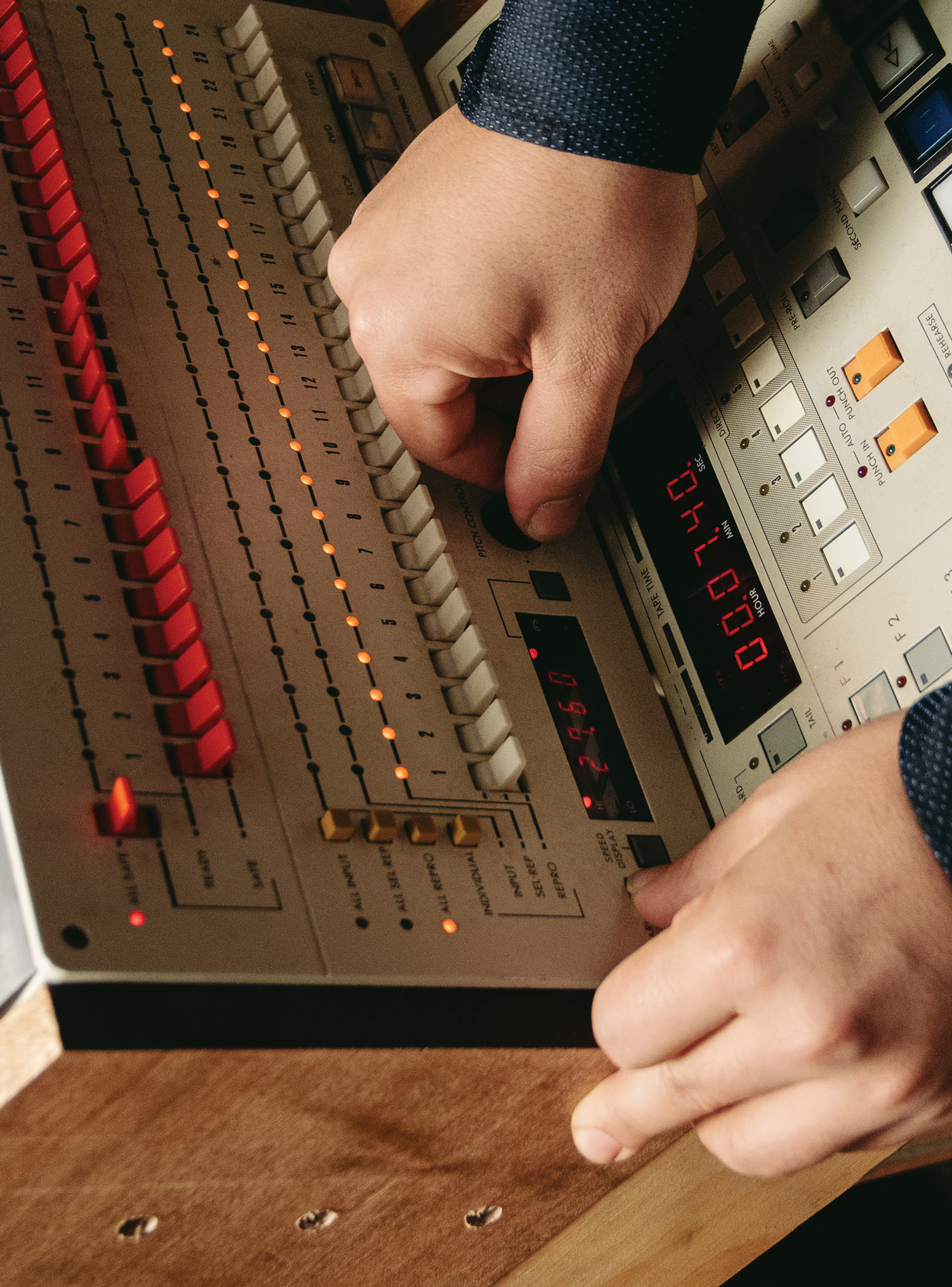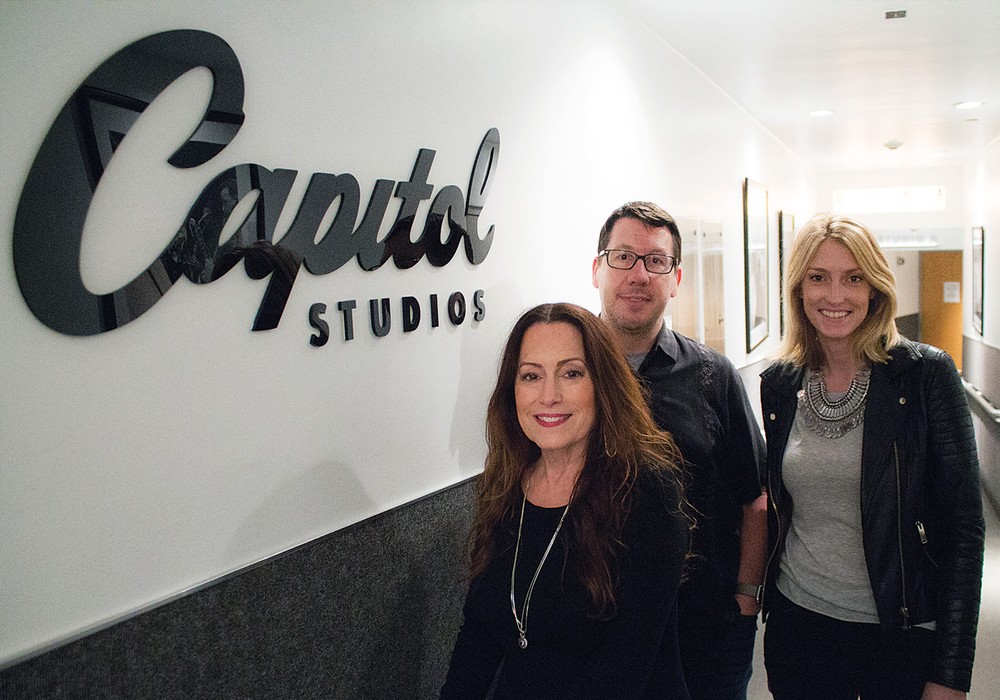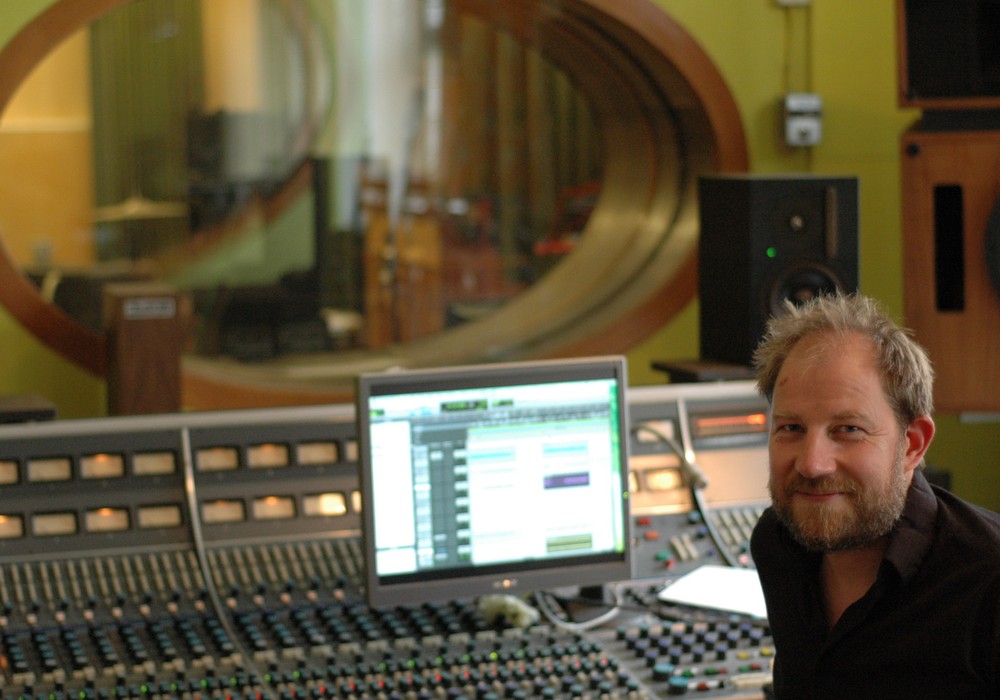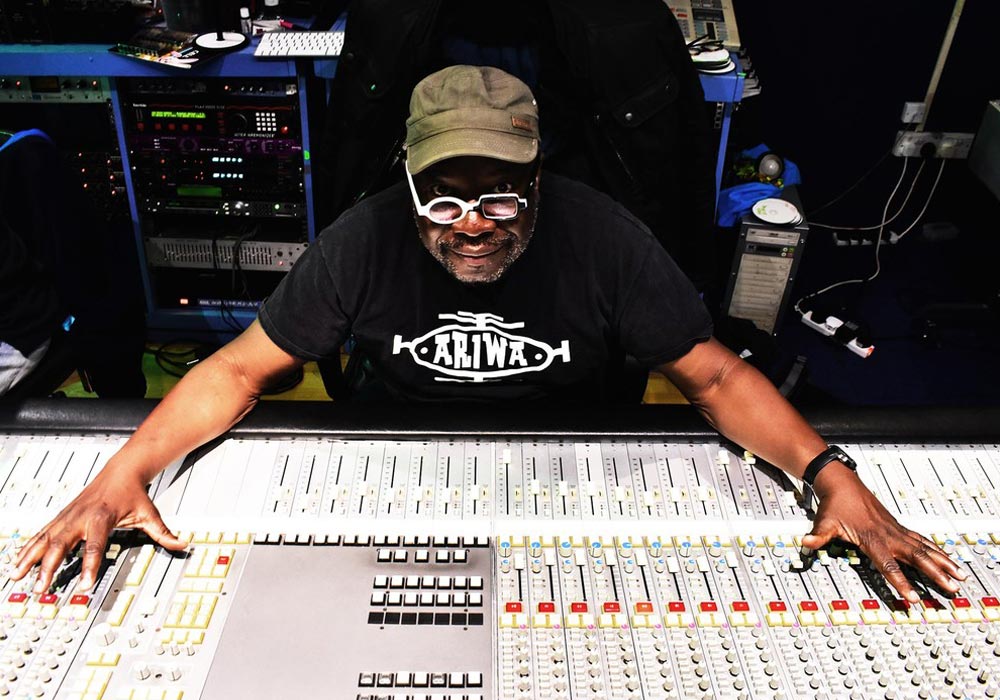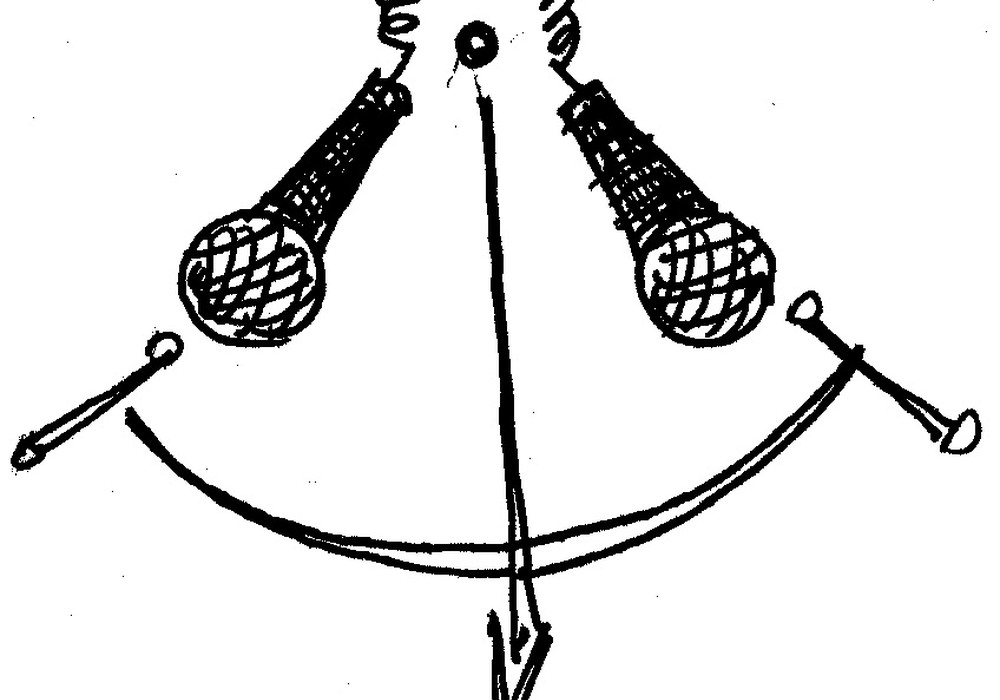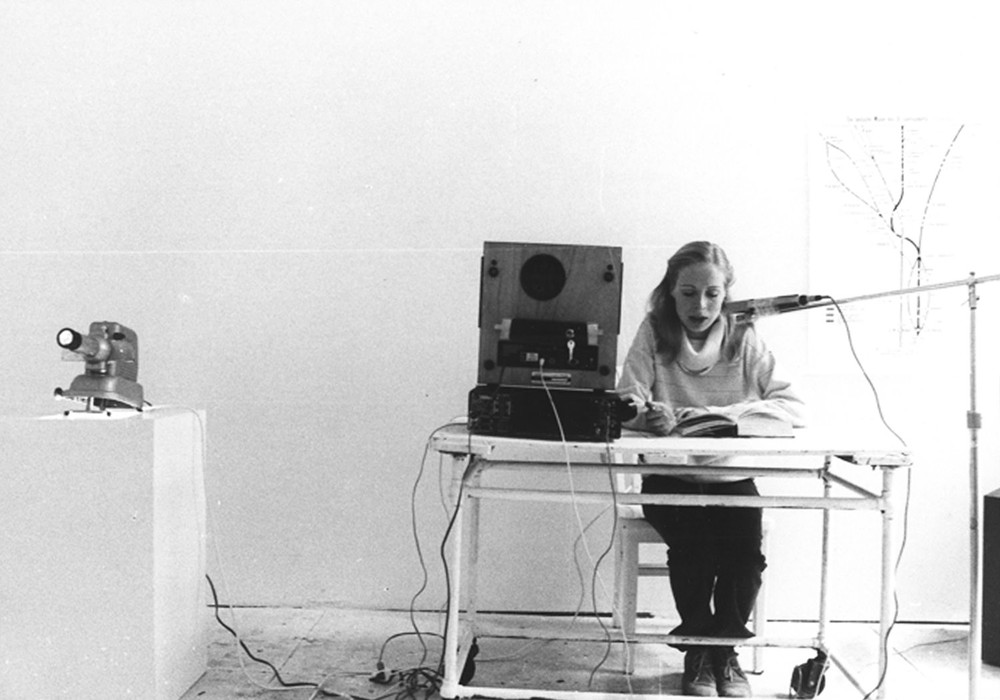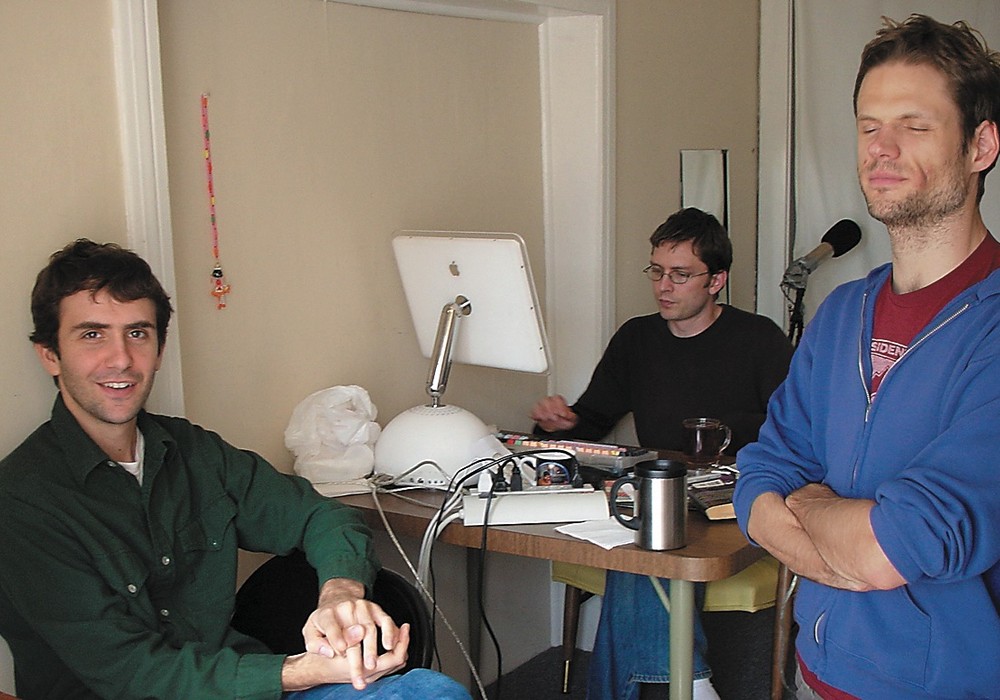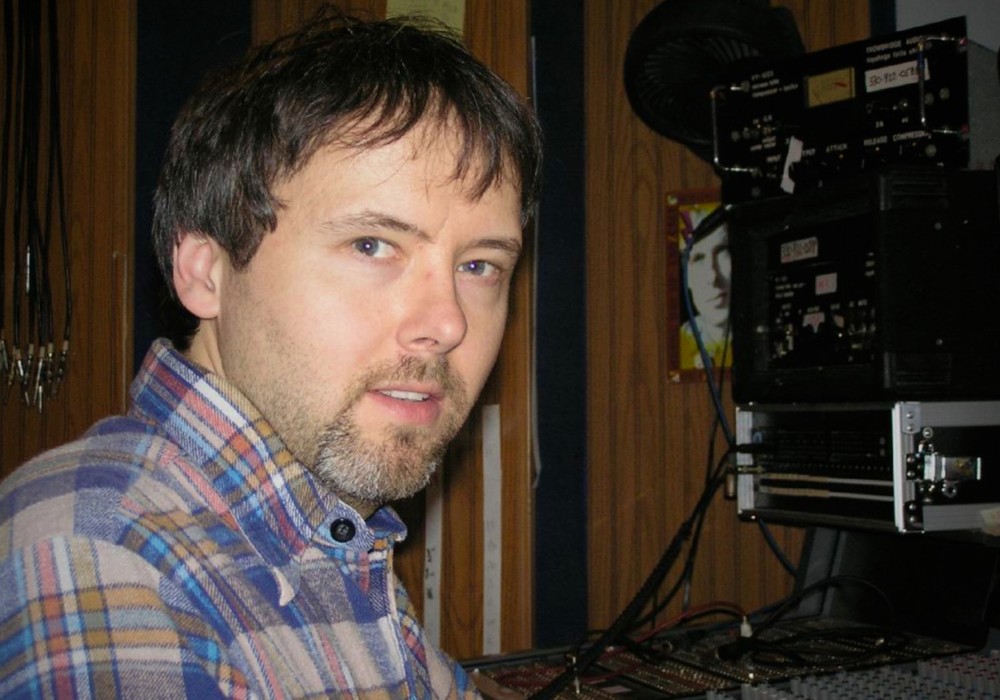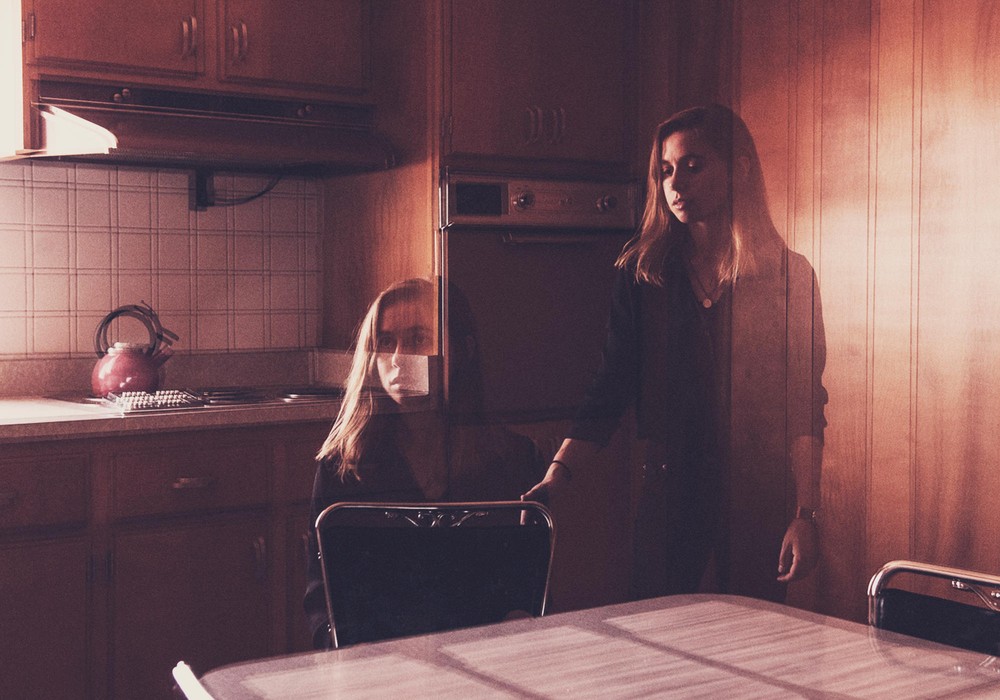In Dave Grohl's documentary, Sound City, viewers were treated to stories from the vivacious, smart, and funny Paula Salvatore — the manager of Sound City Studios for nine years. But what one might not learn from that appearance is that Paula has since run the famous Capitol Studios for over 25 years as the Vice President/Studio Manager. This year [2016] marks 60 years of Capitol Studios, as well as the iconic Capitol Records Building they are housed in, so I dropped in to talk with Paula and some of her colleagues, including Patrick Kraus (Senior VP, Head of Studio, Production & Archive Services/Universal Music Group) and Ursula Kneller (Director Special Projects/Universal Music Group). Capitol Studios remains very busy under Paula's management, and as Don Was says, "She's as good as they come, man. She's wonderful. She runs a tight ship, and the studios are in tip-top shape."
You’re one of the better known studio managers, and you are running a famous studio. But I guess it was the Sound City film that really gave you some visibility.
Paula Salvatore: I know. I think I’m the first woman to get in a movie for running a recording studio. Isn’t that funny? I beat Rose Mann-Cherney, my mentor.
How many active studios are there in the building, not including mastering?
Patrick Kraus: We have five actual studios. A couple are production suites, which are basically spaces for people to write.
And the mastering studios as well, how many are there?
PK: Five of those.
PS: Two of them have Neumann lathes.
Are you specifically on the studio end of it, as far as management?
PS: We oversee it all, but we have a guy who manages and books the mastering. It all funnels to Patrick. That’s why I brought him in here. He’s the leader.
Paula, how’d you end up managing studios?
PS: When I first came out from Rhode Island to California, I really wanted to be a musician. My dad had gotten me a sewing machine instead of a piano, so I went to school in Boston for fashion design, because it was right next door to the Berklee College of Music. I thought, “Okay. I’ll meet musicians. I’ll sell them clothes if I have to.” That’s what I came out to do in California. I started sewing for a few companies. We did clothes for the group Angel. I’d accidentally sewed my finger, and the girl managing was like a tyrant. I decided to hang it up and go get a job at Music Plus [record store] on Ventura, next to Du-par’s Restaurant. It’s now a Trader Joe’s or something. That was fun. I got to meet the Toto guys. Every rock star was coming in, plus all the people from CBS Records. It was great. I started playing softball with a studio team, and a friend that worked at Music Plus with me introduced me to some people. He brought me to a studio called Sound Labs. I went in there and was like, “Oh, my god. This is so great.” They were doing vocals, and I came out to use the bathroom and saw the office. I was like, “Oh, they have offices! I don’t have to be a musician to work here.” I had a boyfriend at the time who talked me into working with him, so I could go on the road with him. That didn’t work out. I said, “You made me quit my job!” I went back to Music Plus, feeling like, “Woe is me. What am I going to do?” My friend said, “You know, this girl just quit Kendun Recorders in Burbank. She was in traffic.” So I called my friend, Vini Poncia, who’s a producer for KISS, Ringo Starr, Melissa Manchester, and artists like that. I said, “What do I need to learn to work at a recording studio?” He said, “Oh, 24- track; Dolby, non-Dolby.” I said, “Okay, that’s good.” So I called them, out of the blue, and said, “Hi. I know 24- track and Dolby.” They said, “Well, funny. We just did lose somebody.” I went over there, and they said, “Okay, we’ll get the manager to come over.” I’m sitting in the waiting room and this very distinguished woman comes out. She’s like, “You don’t really have any experience. You sewed and worked at a record store.” I said, “You know what? I have no bad habits. I’m ambitious. With those other girls, you’re going to have to retrain them. They’re going to give you attitude.” So they hired me that day! She said to go down and talk to the president. My timing was impeccable. I was working there for a year. They had mastering with Jo Hansch, and Kent Duncan cut Stevie Wonder’s Fulfillingness’ First Finale. Quincy Jones was doing George Benson’s Give Me the Night there. It was a happening studio. After a year the woman that was the manager got into an accident, so she decided to take time off. They brought in Rose Mann[-Cherney] from Record Plant....
